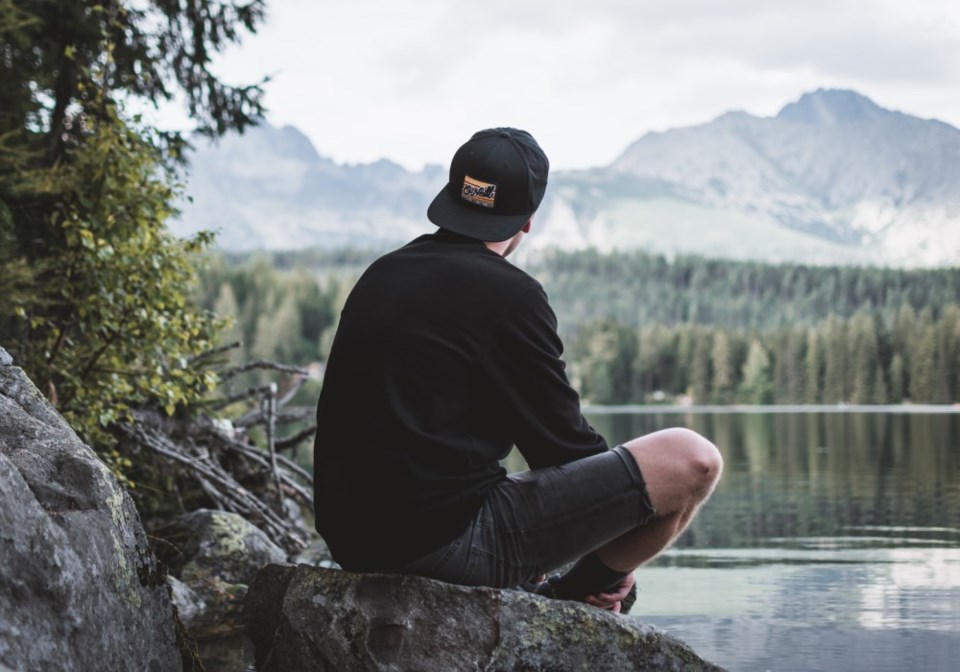Let us have a moment of silence. These are words intoned on solemn public occasions such as November 11 or December 6. We stop for a few moments to be quiet together, remembering those who suffer from wars and violence. Yet collective intentional silence is rare. Sounds of machines, music, and speech saturate our worlds. Noise is endemic in the workspaces of tradespeople. Even in places of worship, being silent together without ministry or singing is uncommon.
Most people experience substantial periods of silence as oppressive, particularly if involuntary or solitary. Silence, however, is central to meditative practices in monasteries of all faiths and to community life in Buddhist and other traditions. An hour or more of simple silence is a customary part of the weekly community worship among Quakers in Canada.
How do people do silence, and why? Although religious practices vary, rituals and sounds are minimal in silent worship and meditation. One tries to still the body and listen, to let go of the business and busyness of everyday life—to become open to what is not self but other. In silence, there may come a softness to the heart, a willingness to feel the presence of others. Or hints from the unconscious, nudges from the ineffable mystery that help one to see a way forward through the tangle of life.
Quakers, known also as the Religious Society of Friends, call this approach to worship expectant waiting. In her book The Silent Cry: Mysticism and Resistance, Dorothy Soelle, a professor of theology active in peace and environment movements, writes that silence can create “a calm leading into an emptiness into which the strength that is not one’s own can enter.”
It can be a revolutionary act to refuse to listen to authoritative preachers or to say prescribed prayers. Before the British Parliament passed the 1689 Acts of Toleration, Quakers risked prison for meeting silently together in their homes. Buddhist monks and other spiritual groups have suffered persecution under various political regimes for their meditative practices. Spiritual leaders imposed the repetition of particular words until the European Protestant Reformation prompted laypeople to say their own prayers and learn to read the Bible for themselves.
Centring oneself in silence is the opposite of preparing for war. Voluntary silence is itself a practice of peace. By intentionally letting go of ourselves, we safeguard the precious space that all need. In stillness, people can become more open to sensing where hurtful words and disagreements come from, thus freeing up a compromise or new directions for collective action.
Intentional, voluntary silence can be a public practice of peace. In silent vigils, young peace activists, such as the Extinction Rebellion’s Red Rebel Brigade, mourn the destruction of the earth. In a non-violent manner they call out for another way to live. Women in Black regularly hold vigils in busy spaces around the world. Locally organized groups silently protest war and violence while holding up signs about a particular concern such as the disappearance of loved ones.
Everywhere and anywhere, people can gather quietly together to listen and to affirm the rights of all to life. In the words of the old Salvation Army hymn by John Oxenham: “More grace is wrought in quietness/than any is aware.”
October 2nd is World Quaker Day. See www.worldquakerday.org
Marjory Reitsma-Street is a member of the Vancouver Island Religious Society of Friends.
You can read more articles on our interfaith blog, Spiritually Speaking, at https://www.timescolonist.com/blogs/spiritually-speaking
* This article was published in the print edition of the Times Colonist on Saturday. October 1st 2022



